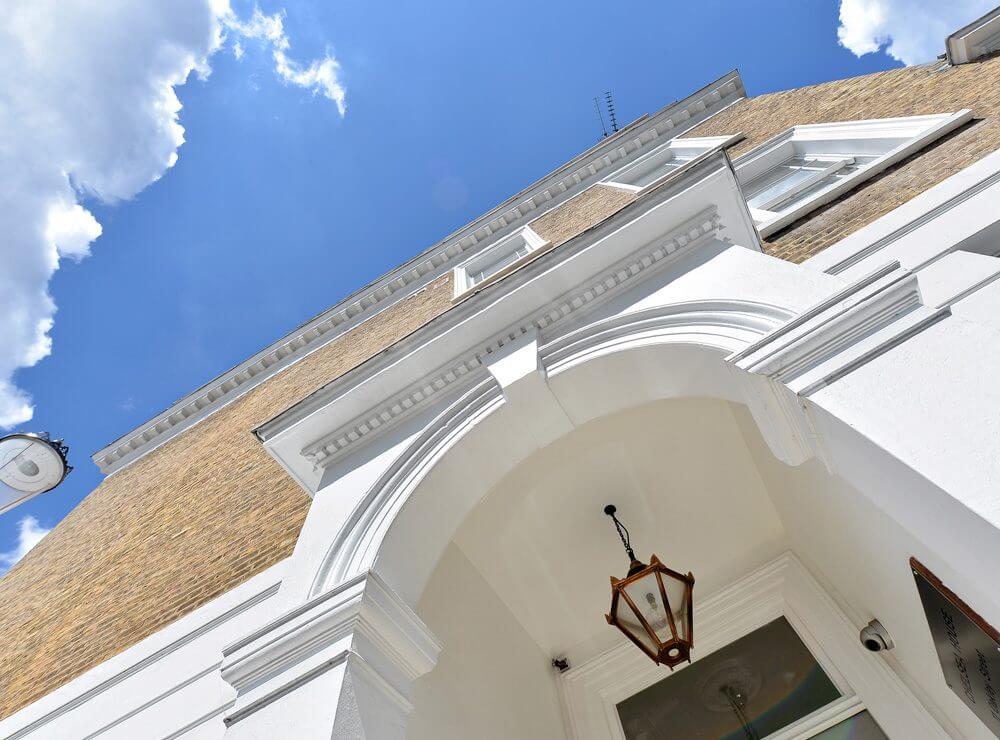
Inheritance Tax – UK Property Through Offshore Structures
06.09.16Individuals who are domiciled in the UK are potentially liable to inheritance tax (IHT) on all their property, whether it is situated in the UK or overseas. Non-UK domiciled individuals (non-doms), and trusts with a non-dom settlor at the time the trust was set up, are liable to IHT only on property situated in the UK.
If a non-dom individual or trust owned a UK residential property directly it would be within the scope of IHT; if owned via an overseas company it is not, because the asset held by the individual or trust consists of shares which are not situated in the UK.
Following a preliminary announcement in July 2015, the Government has now issued a consultation document indicating that, from 6 April 2017, shares in closely held companies or similar types of structure will be treated for IHT purposes as situated in the UK at any time, if their value is attributable to a UK property that is a residential dwelling at that time, or has been a dwelling within the preceding two years.
The value attributable will take account of debts that relate exclusively to the property, but loans between connected parties will be disregarded.
Reporting and enforcement requirements will be extended, and a new liability for payment of the tax will be imposed on any person who has legal ownership of such a property, including the directors of a company.
Action may be required, sooner rather than later. Depending on the circumstances, appropriate strategies may include:
- unwinding the structure (even at the expense of tax charges) so that the property is held directly by the individual or trustees, in order to remove any annual tax on enveloped dwellings charge that was previously regarded as an acceptable price to pay for the IHT shelter;
- sheltering future growth in the value of the property from capital gains tax by using it as the main residence of a beneficiary;
- amending the terms of the trust to exclude the settlor from any benefit, to prevent a double charge both under the IHT regime for trusts and on the death of the settlor;
- taking out a life assurance policy to cover the IHT liability;
- waiting for the shareholders of the company (or the settlor or beneficiaries of a trust) to become non-resident before taking action.
There is no ‘one size fits all’ solution. Every case requires careful consideration to find the optimal solution.
To discuss, please contact Steve Wheeler, Private Client Tax partner at Moore Stephens (steve.wheeler@moorestephens.com).
Abode Affiliates
COPYRIGHT © Abode2 2012-2024





















































































































































































































